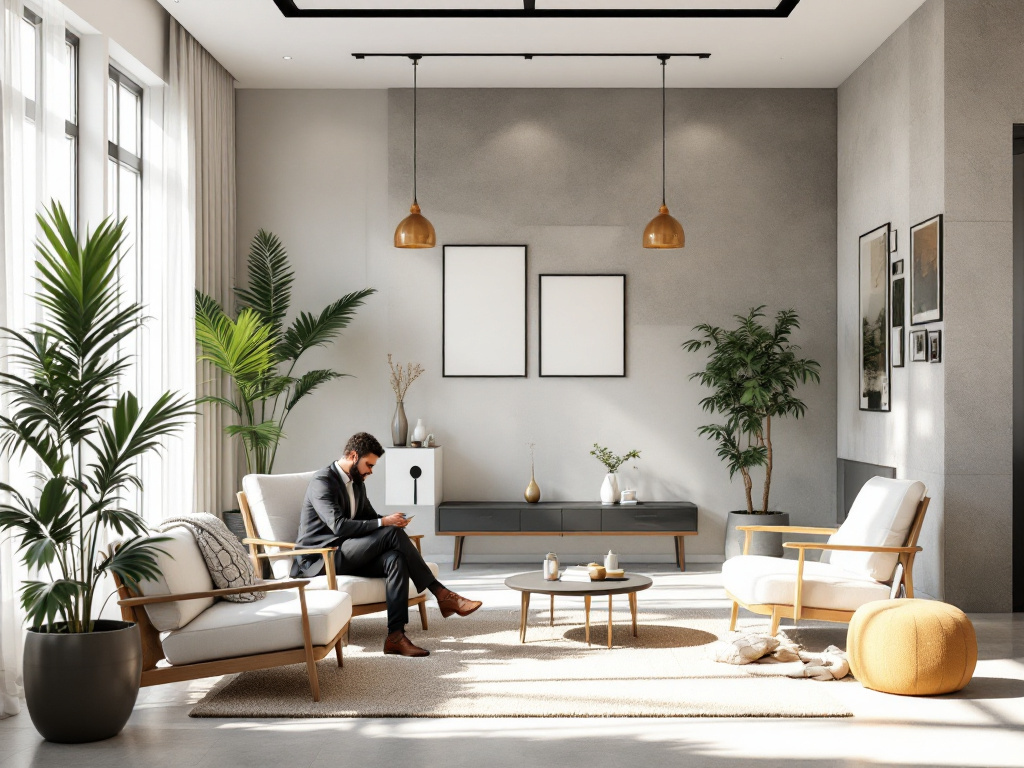As you consider men’s inpatient rehab 45-60 days at Recovery Bay, you may have questions about program structure, clinical approaches, and the private amenities designed to support lasting change. Committing to a 45 to 60 day rehab program allows you to engage deeply in evidence-based therapies, benefit from comprehensive medical oversight, and develop the coping skills needed for ongoing sobriety. In this guide, you’ll learn how a structured residential environment can transform your life, what you can expect day-to-day, and how to plan for a confident return home.
Understand treatment settings
Choosing the right setting is your first step toward recovery. Residential models provide immersive care that outpatient services cannot match. At Recovery Bay, our mens only rehab center ensures you’re surrounded by peers facing similar challenges, fostering mutual support and accountability.
Inpatient vs outpatient
In an inpatient model you live on-site under 24-hour supervision. This structure helps you:
- Disconnect from triggers and daily stressors
- Focus exclusively on your healing journey
- Access immediate crisis support and medical care
By contrast, outpatient and intensive outpatient programs allow you to return home each day, which may expose you to the very temptations you’re working to overcome. Research shows that inpatient programs often yield stronger early-stage outcomes, especially when sustained for the full duration [1].
Why stigma delays help
Only 28% of men say they would seek professional support for addiction [2]. Fear of judgment, concerns about work, and the pressure to remain a provider can delay treatment. In fact, 60% of families rely primarily on men’s income, adding stress around job security and financial responsibility [2]. A residential stay removes these worries so you can prioritize your health.
Explore program duration
Opting for a 45 to 60 day rehab program balances intensity with sufficient time for lasting change. Shorter stays may kickstart recovery, but longer programs allow you to address deeper patterns, build coping strategies, and reinforce new habits.
Typical daily schedule
Your day in an inpatient drug rehab setting often follows a structured routine [3]:
- Morning wake-up (6–7 a.m.) and hygiene
- Group therapy or individual counseling (45–90 min)
- Breakfast (6:30–7:30 a.m.)
- Clinical sessions or workshops
- Lunch and break time
- Complementary therapies (art, yoga, equine)
- Evening group meeting or relapse prevention class
- Dinner followed by downtime or peer support
- Lights-out to ensure restorative rest
This predictable structure supports stability and helps you establish a healthy daily rhythm.
Comparing program lengths
| Program length | Focus | Ideal for |
|---|---|---|
| 30-day inpatient | Initial detox and stabilization | Individuals with shorter substance histories |
| 45 to 60 day rehab program | Deep skill building and transition | Those needing extended support for co-occurring issues and life-skill development |
| 90-day inpatient | Long-term therapy and aftercare | Clients with chronic addiction or trauma histories |
Embrace evidence-based care
An integrated clinical approach addresses both addiction and any underlying mental health concerns. At Recovery Bay, you’ll engage in a continuum of care designed by medical and therapeutic experts.
Medically supervised detox
Your stay often begins with a medically supervised detox or drug and alcohol detox. Under physician oversight, medications ease withdrawal symptoms and protect your safety. Studies show that combining detox with immediate clinical support improves comfort and reduces early relapse risk.
Clinical therapy modalities
Cognitive behavioral therapy
Cognitive behavioral therapy (CBT) helps you identify and reframe unhelpful thoughts that drive substance use. Benefits include:
- Enhanced self-awareness
- Practical coping techniques
- Reduced relapse probability
Dual diagnosis treatment
Roughly 50% of individuals with a substance use disorder also face a mental health condition [2]. Our dual diagnosis treatment integrates psychiatric care with addiction therapy to ensure you heal comprehensively.
Complementary wellness therapies
Beyond clinical sessions, holistic practices support mind-body balance:
- Yoga and meditation for stress management
- Art and music therapy to foster expression
- Equine-assisted therapy for trust and communication
Incorporating these modalities helps you cultivate wellness habits that extend far beyond your stay.
Enjoy private luxury amenities
Recovery Bay blends clinical rigor with upscale living, making your rehab experience both comfortable and dignified. Privacy and tranquility are essential for deep reflection.
Private accommodations
You’ll choose from private and semi private rooms designed to promote rest and privacy. Spacious living areas, natural light, and serene décor create a nurturing retreat.
Gourmet meals
Our gourmet meals rehab program offers chef-prepared dishes that balance nutrition and taste. Healthy eating is crucial for physical recovery, mood regulation, and cognitive function.
Holistic wellness facilities
Access our wellness treatments rehab spa services, fitness center, and outdoor spaces. If you’re drawn to a coastal setting, our beachside addiction recovery villa provides fresh air and gentle ocean sounds that enhance relaxation.
Build essential life skills
Long-term recovery depends on more than abstinence; it requires practical tools for navigating life’s challenges with confidence.
Structured life skills training
Our structured life skills training curriculum covers:
- Financial management
- Time and stress management
- Communication and relationship building
- Nutrition and exercise planning
These workshops empower you to handle real-world demands without relying on substances.
Relapse prevention planning
You’ll work with therapists to develop a personalized relapse prevention plan. This includes identifying triggers, creating coping strategies, and scheduling ongoing support.
Involve your support network
Recovery is rarely a solitary journey. Involving family and peers strengthens accountability and fosters healing connections.
Family program participation
Our family program addiction invites loved ones to join sessions where you and your family learn healthy communication patterns, rebuild trust, and create a supportive home environment.
Alumni and peer support
Maintaining connections with peers who understand your experience is vital. Our alumni network hosts regular meetups, online forums, and mentorship opportunities to keep you engaged and motivated.
Plan continuing care
A thoughtful aftercare strategy bridges the gap between residential treatment and everyday life, reducing the risk of relapse.
Transitional residential options
If you need a step-down environment, consider our private residential rehab residences. They offer less intensive supervision while you continue group sessions and individual therapy.
Outpatient integration
Intensive outpatient (IOP) and partial hospitalization (PHP) programs can follow your inpatient stay. These models allow you to return home while attending several hours of weekly therapy. You’ll also access community support groups and individual counseling as needed.
Take the next step
Committing to a dedicated period of structured care can transform your life. By choosing a 45 to 60 day stay at Recovery Bay, you invest in comprehensive medical detox, clinical therapy, holistic wellness, and the life skills necessary for enduring sobriety. When you’re ready to explore how our men’s inpatient rehab program can support your goals, contact our admissions team for a confidential consultation. Your path to lasting recovery starts here.





